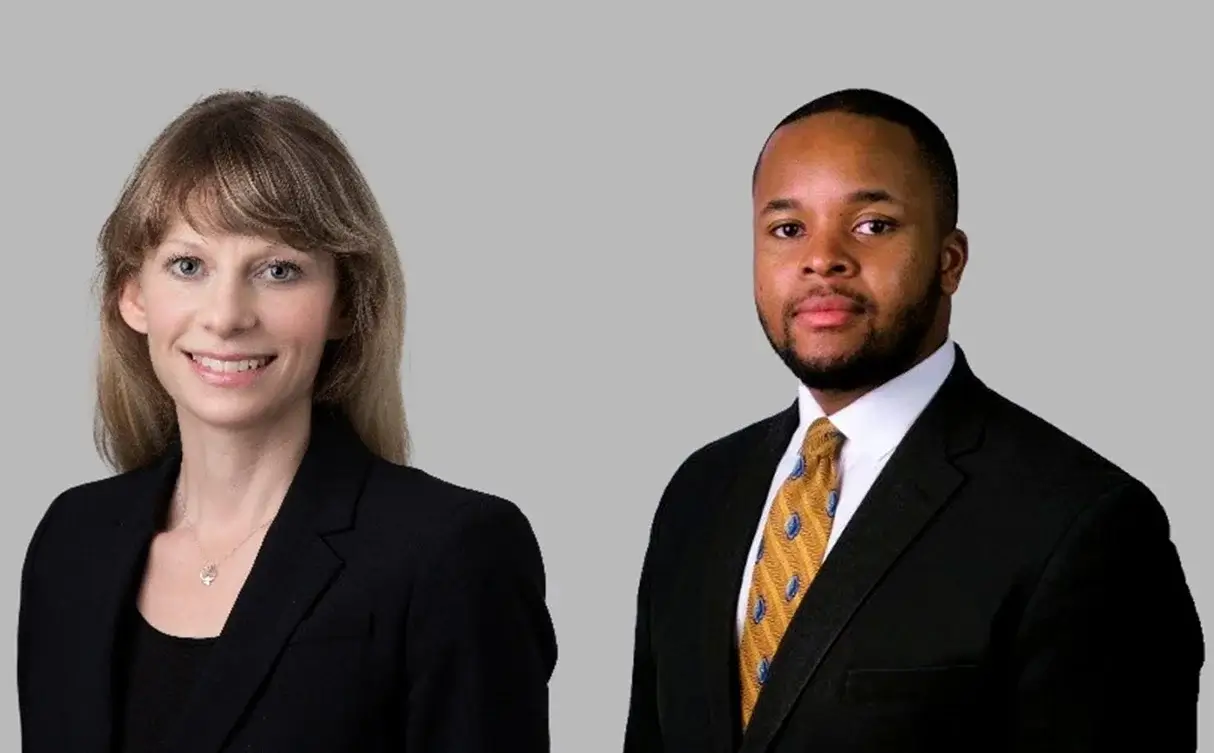The Trial Chamber of the Special Tribunal for Lebanon delivered its long-awaited judgment in the Ayyash et al case this week (available here). On trial were four (originally five) members of Hezbollah, alleged to have been part of a much wider conspiracy to assassinate the former Prime Minister of Lebanon, Rafik Hariri. The murder was carried out on 14th February 2005 in downtown Beirut by a suicide bomber detonating a truck filled with over 2 tonnes of high explosives. Rafik Hariri was killed along with 21 others; 226 people were injured, many very seriously.
The STL was established in 2009 by UN Security Council Resolution 1757, following an initial request by the government of Lebanon to investigate these crimes and prosecute those believed to be responsible. The STL is the first tribunal of international character to try terrorism as a discrete crime, the first to deal with crimes committed in the Middle East, and the first to try defendants in their absence since Nuremberg.
After a lengthy pre-trial phase, the trial started in January 2014. It concluded in September 2018. The Trial Chamber convicted the main surviving defendant, Salim Jamil Ayyash, of all counts on the indictment, confirming his criminal responsibility as a co-conspirator in the conspiracy to commit a terrorist attack, and as co-perpetrator for the assassination of Rafik Hariri. The three other surviving defendants were acquitted of all counts.
Iain Edwards defended Mustafa Amine Badreddine, originally indicted with his co-accused, from November 2012 until July 2016, when proceedings against the client were terminated. Mr Badreddine was found to have been killed in Damascus, Syria in May 2016. Mr Badreddine was portrayed by the Prosecution as “an experienced operative with the necessary skills, knowledge and ability to train others in the sophisticated preparation and execution of the Attack…a senior military commander of vast experience and importance in Hezbollah and the history of the Resistance movement.” Essentially, Mr Badreddine was accused of being the mastermind and driving force behind the attack.
However, in assessing Mr Badreddine’s role as an unindicted co-conspirator (as he was at the date of judgment) the Trial Chamber found the Prosecution’s evidence to be “insufficient to place him in the conspiracy at its head as the organiser and coordinator of all of its activities, as is pleaded.” Iain is of the view that, had his client not died in May 2016, there is every reason to believe he would have been acquitted of all counts in the indictment.





